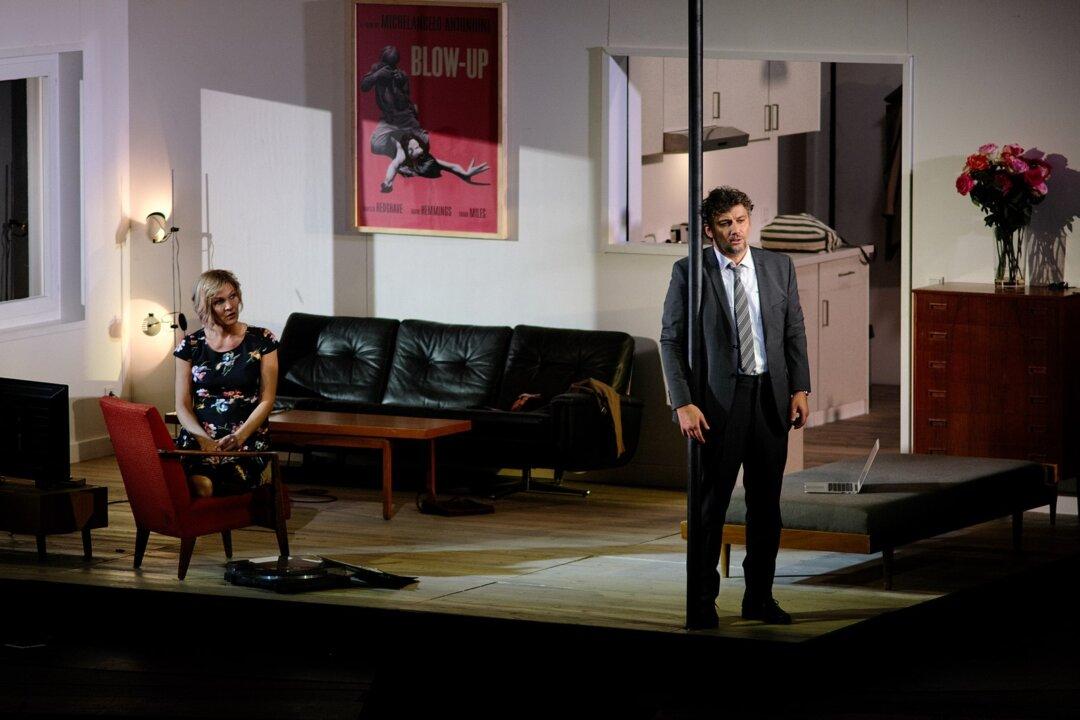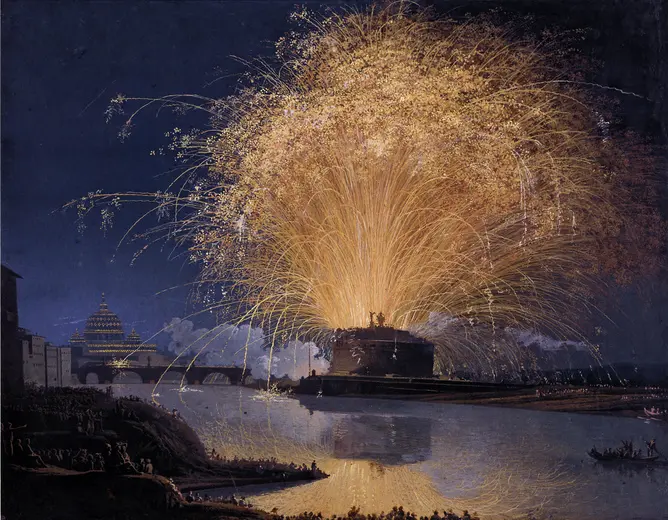Erich Wolfgang Korngold didn’t need Hollywood, but it saved his life.
A celebrated musical prodigy in his native Austria, 23-year-old Korngold (1897–1957) composed an opera so expansive in its dramatic beauty that it ensured his future career. This was “Die Tote Stadt,” and while it is not widely produced today, one of its arias, “Marietta’s Lied,” is acknowledged as indispensable in the soprano repertoire. Numerous YouTube videos featuring stellar talent such as Leontyne Price and Renee Fleming attest to this.






